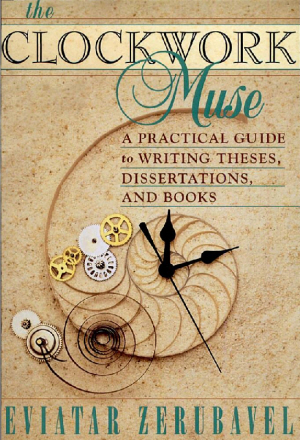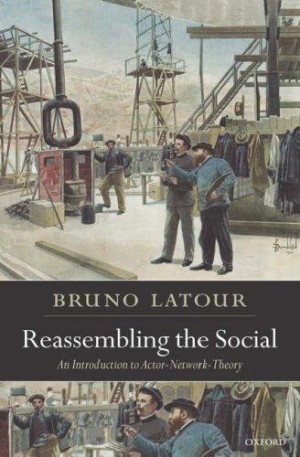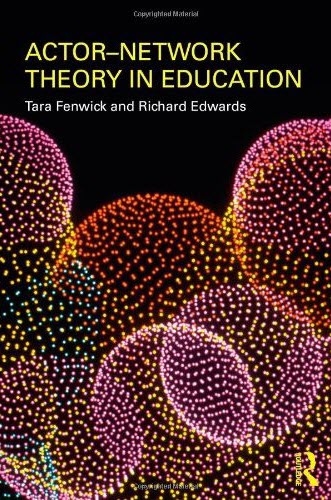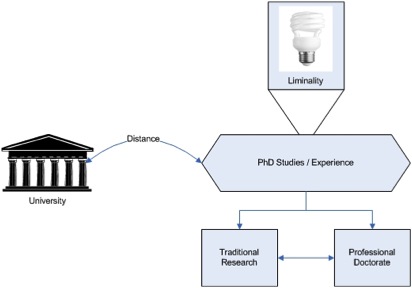While this text talks about developing a realistic writing schedule and project timetable, as well as the logistics around implementing them, I feel much more confident approaching my doctoral thesis as a large piece of work comprised of many smaller steps or components. While I never really considered how long something takes, often leveraging the adrenaline rush I experience as deadlines loom large, I am not becoming increasingly focused on when I want to have my research finished, and thus need to take concreate steps to make that happen in a more timely and consistent manner than would be possible without formulating and implementing a plan.
In the same way that I did not want to think about writing until I have more of my literature review done, I realize the approach to doing all the “research” first and then writing things up in large chunks may not be the best approach. Even when I developed an overview of how long I expect my work to take for my proposal, I was not being specific or detailed enough. Better to learn sooner rather than later, I suppose!
To this end, I will take Zerubavel’s suggestion for developoing a detailed chart that includes all the sections for my thesis, as well as the estimated length for each one, expected number of pages per day I can work on it, the number of total time in days, and the deadlines (dates) for each section. I will also account for how many days it is realistic for me to write, taking into account other commitments, travel, work, and the like.
No better time than the present to consider these issues and begin to make progress on them. I am glad this book helped me to frame this in a way that I simply did not realistically consider before.




